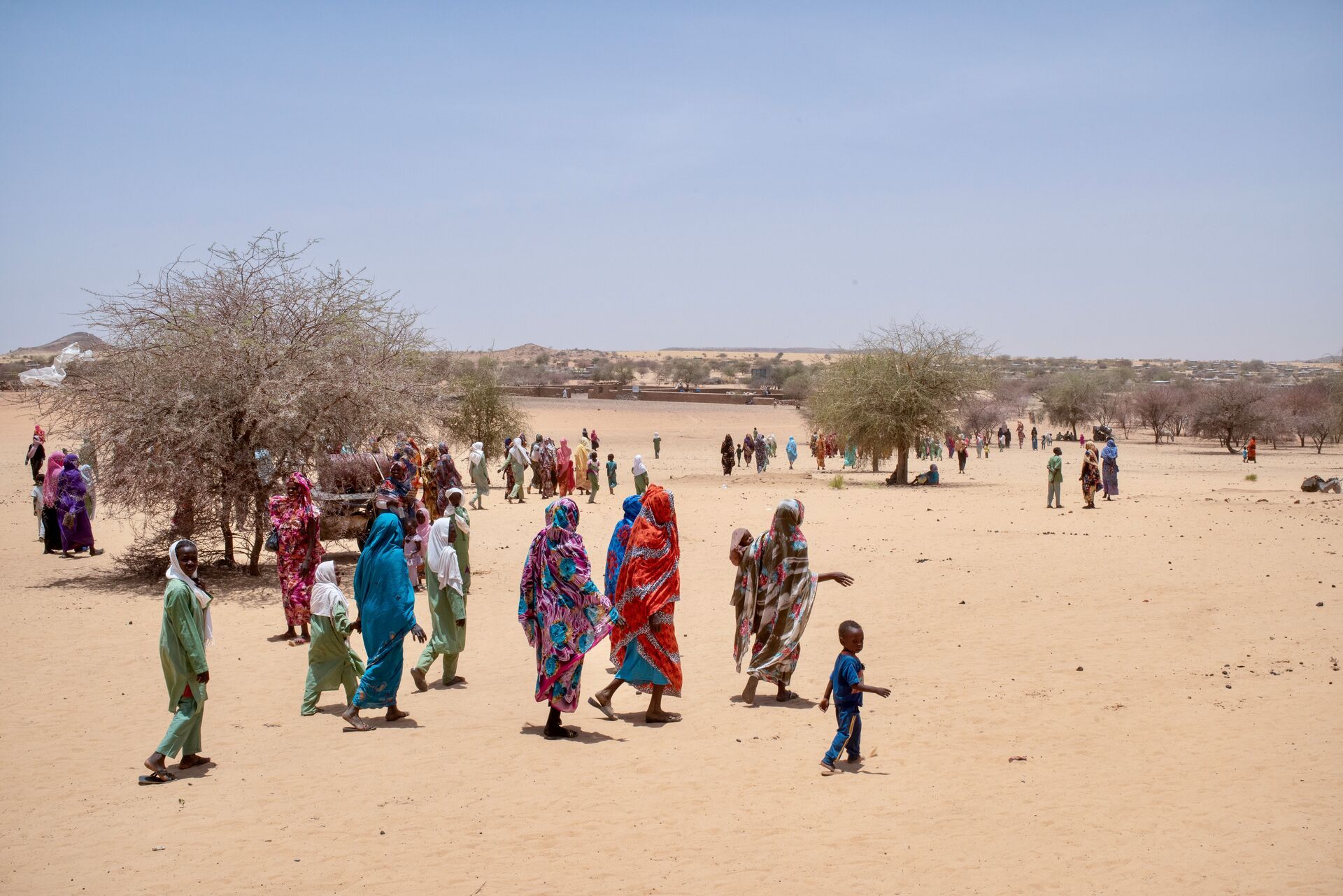
Pandemic, Trade and SDGs – 5
SDG Goal 17: Partnerships through government procurement, competition policy, and WTO collaborations
Government procurement spending constitutes 7%-20% of the GDP in different countries amounting to approximately USD 9.5 trillion annually. Healthcare, economic affairs and education account for the biggest share of government procurement spending, ranging from 12% to 30%. Constituting a considerable part of the GDP, government procurement can be used as a vehicle for promoting sustainability through inclusion of social, environmental and economic factors in different stages of the procurement process.
It is thus not surprising that Sustainable Development Goal 12 makes a direct reference to public procurement in its target 12.7, recommending countries to “promote public procurement practices that are sustainable, in accordance with national policies and priorities”.
Sustainability considerations highlight the potential of government procurement to make a significant contribution to fighting climate change and introducing and maintaining decent working conditions. The Agreement on Government Procurement (GPA 2012) is a plurilateral World Trade Organization (WTO) agreement that binds, and confers rights on, only some of the 164 WTO Members. Besides providing market access opportunities for the suppliers, goods and services originating in respective GPA Parties, the GPA is recognised as a good governance tool containing government procurement systems that avoid corruption and conflicts of interest and can support economic growth and poverty reduction among other policy goals. The GPA 2012, as is acknowledged by international experts, provides scope allowing GPA Parties to take sustainability-related considerations into account. Government Procurement can also be a channel for working towards the goals of poverty eradication and zero hunger.
The poor population of a given country may depend to a large extent on the provision of public goods, such as medicines, transportation, and even foodstuffs purchased using the government procurement system. The provision of public goods and services can play a vital and direct role in alleviating and eradicating poverty with government procurement being one of the most relevant tools for achieving this Sustainable Development Goal.
Medicines and healthcare services can also be subject to government procurement rules and be purchased through efficient and transparent tender procedures. In accordance with the Organisation for Economic Co-operation and Development (OECD) data, the biggest share of government procurement spending in different countries is allocated to healthcare. This includes not only the procurement of specific medicines, but also the construction of hospitals and purchase of medical equipment. The ongoing COVID-19 pandemic showed the important role that resilient and transparent procurement systems have in achieving uninterrupted and quality medical supplies during critically important stages of fighting public health crises.
Vaccines constitute another group of public goods usually acquired through government procurement transactions. Currently, when the whole world is fighting COVID-19, the accessibility of vaccines is acknowledged to be an essential step in the global fight against the new virus. The role of procurement in this regard, from the research for the development of a vaccine up to the point of administering vaccine doses to the population, cannot be underestimated. The GPA 2012 sets out provisions and minimum standards for the governmental purchase of goods, services and construction services linked to the development, manufacturing and distribution of vaccines. The GPA 2012 ensures the necessary flexibilities to conduct government procurement efficiently, quickly and reliably in situations of extreme urgency, such as a pandemic. Such flexibilities include less complex procurement methods, shorter deadlines and the use of e-procurement.
While the GPA 2012 is a trade agreement opening procurement markets of its Parties to foreign competition, it is also a good governance tool setting out rules on procedural fairness and enhancing fair competition. The Preamble of the GPA 2012 references the United Nations Convention against Corruption and underlines the importance of carrying out government procurement in a transparent manner. Moreover, GPA Parties are specifically mandated to organize procurement procedures in such a manner as to avoid conflicts of interest and corrupt practices.
Trade liberalisation, electronic means of communication and global supply chains bring countries closer to each other and allow developing and least developed economies (LDCs) to participate in global trade. Increased export and import opportunities enhance competition in emerging markets allowing better choice for consumers, lower prices and increased economic growth. Competition policy is thus a strong pillar of development with its ability to reduce barriers to entry, prevent abusive practices and support economic growth and further societal development.
Effective competition policies can also support the effort to eradicate poverty. Competition, especially in markets for essential supplies, drives prices down, benefitting the part of society that is considered to be poor. Public health services and medical supplies procured through government procurement systems can also benefit from enhanced competition and better value for money, particularly in times of public health crises.
In October 2020 ITC, UNCTAD and WTO launched the SDG Trade Monitor. This open data repository will allow policymakers, trade professionals and researchers to explore the relationship between trade and sustainable development, and to support data driven trade policies.
After the economic shock of the COVID-19 pandemic, data-driven polices are more important than ever to help accelerate the recovery. The statistics presented in the SDG Trade Monitor will allow governments, policy professionals and trade professionals to make clear, evidence-based decisions and to back effective programmes and policies.
*Excerpted from report on WTO Contribution to the 2021 High-level Political Forum
– global bihari bureau





